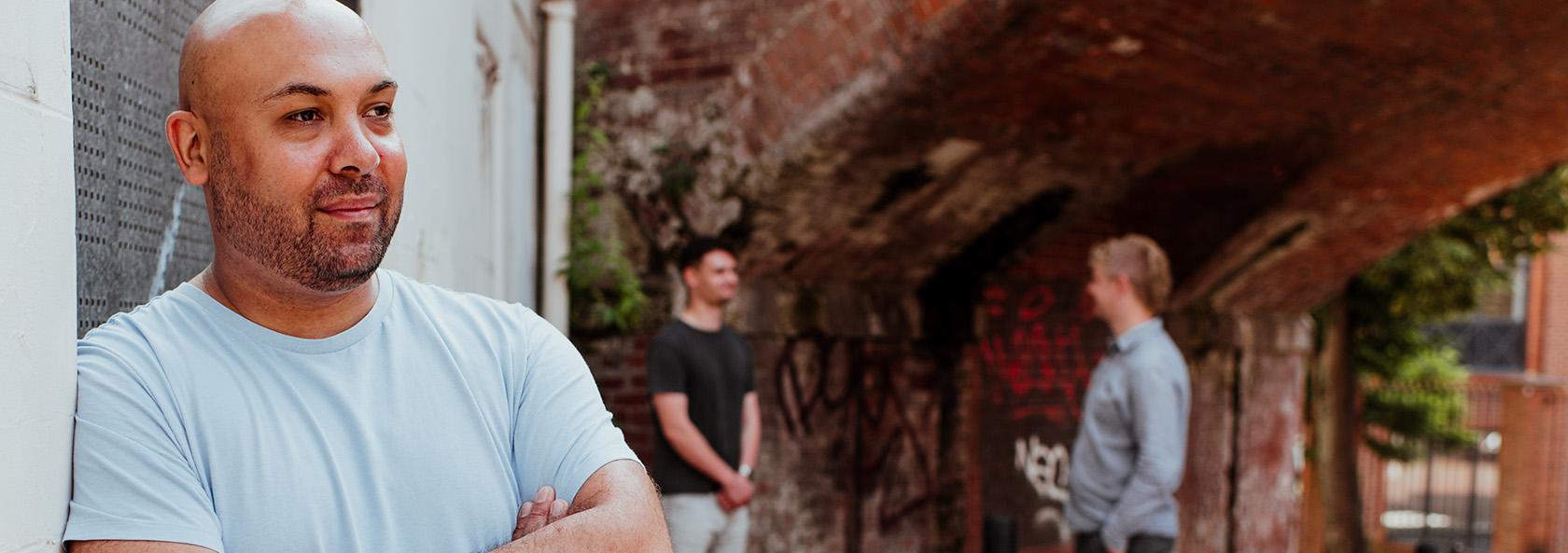Alcohol advice for young people
Is drinking dangerous?
Alcohol affects everyone in a different way. Sometimes you will feel the effects very quickly, and sometimes you won’t notice them for a while. How long you feel the effects for can also be different every time.
It all depends on various things including your size, if you’ve eaten, the strength of the alcohol you’re drinking, how much you’ve drunk and whether you’ve used any other substances.
The side effects of alcohol
Drinking alcohol can cause unpleasant side effects, such as
Slurred speech, drowsiness and vomiting
Blackouts and memory loss
Depression. Alcohol is a depressant, so the more you drink, the more likely you are to feel negative emotions
Poor sleep, which can impact your wellbeing
Dehydration. This can make you feel sick and give you dry and blemished skin
'Hangxiety’ or ‘the fear’ – the feeling of a hangover and anxiety the day after drinking
Alcoholic drinks are also full of calories
Other risks of drinking alcohol
If you’ve drunk a lot the night before, you may still have alcohol in your system. Don't drive the next day to limit the chance of an accident or getting into trouble for drink driving.
Drinking too much alcohol can lead to alcohol poisoning, which can be very dangerous. Frequent drinking can lead to physical dependency over time. If someone is dependent on alcohol, it’s important that they don’t suddenly stop drinking as withdrawal can be dangerous.
If you’re worried about your drinking, find your local Change Grow Live service or speak to us online using our webchat.
How to stay safer when drinking
If you decide that you want to drink, here are some tips to help you stay safer:
Eat before you drink. A proper meal will line your stomach and help slow down how your body absorbs alcohol, hopefully giving you a much more positive drinking experience. Pasta, bread and potatoes are good choices.
Alternate alcoholic drinks with soft drinks or water. This will help you stay tipsy instead of getting really drunk. It will also help you feel less hungover the next day. Drinks with electrolytes can also help, such as fruit juices, coconut water and healthy smoothies. See more tips on managing your hangover.
Avoid mixing alcohol with other substances. Using drugs and alcohol together increases the risk of overdose.
Consider how you’re feeling before you start drinking. If you’re sad or angry, alcohol will likely make these feelings worse or could get you into trouble.
Protect yourself from spiking. Read our tips on how to reduce your risk of being spiked and recognise the signs if you or a friend has had a spiked drink.
Drink with people you trust. Only drink when you’re with people who will take care of you if you need it. Tell them if you’re not feeling well.
If you’d know more about keeping yourself and your mates safe when you’re out and about, check out our tips for a safer night out.
Help your mate
If your mate is struggling after drinking too much, there are a few things you can do to help.
- Try to prevent them from drinking any more alcohol.
- Keep talking to your friend to reassure them.
- Don’t let them go home on their own, or with anyone they don’t know and trust.
- Support them to a safe space and stay with them – call another friend to help if you can.
- If you are in a bar or club and you suspect their drink might have been spiked, tell a member of staff or security.
- Call an ambulance if you notice any of the following: vomiting, irregular or slow breathing, pale or blue skin, or passing out.
Worried about your drinking?
If you’re worried about how much you’re drinking or feel like you can’t stop, there’s help available.
Use our service finder to see places that can help near you. They won’t judge you or tell you what to do - just give you the support you need.
Useful links
-
Drugs and Me
Learn about the effects and risks of alcohol, what happens when you mix it with other substances, and how to stay safe.
-
Talk to Frank
Honest information around drugs and alcohol.
-
NHS Drink Free Days
A simple app for tracking the days you drink alcohol and the days you don't.
-
Drinkaware
Lots of information around alcohol, plus an app to track how much you’re drinking and spending on alcohol.
-
I Am Sober
An effective sobriety tracking app.


